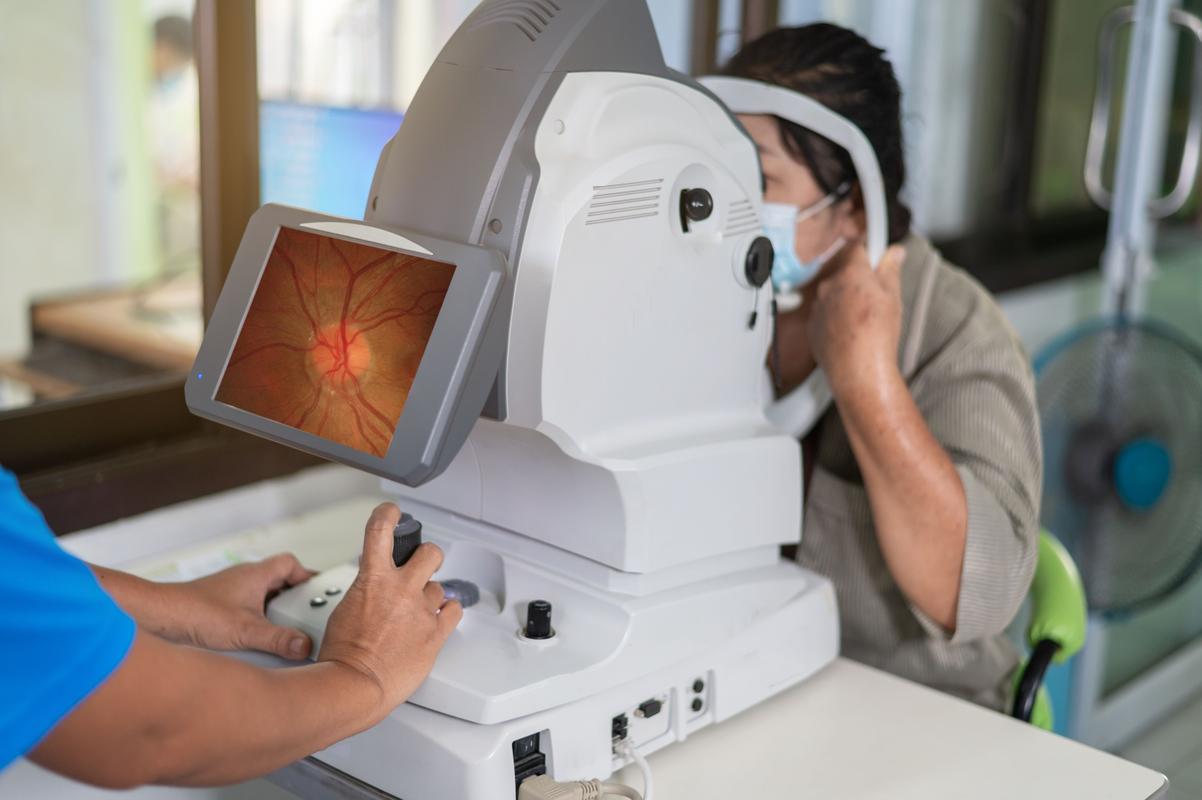In recent years, many diagnostic AI models for glaucoma detection have been developed worldwide. These often perform well on internal data, but are seldom useable on external data from other centres. This is due to a number of factors, such as the use of different camera's when making the images of the eye, which can lead to variations in exposure. Demographical and ethnic factors also play a role: the dominant glaucoma type in Europe is different from that in Asia.
A different approach
Postdoc researcher Ruben Hemelings: “We chose a different approach and developed a so-called regression-based model based on the cup-to-disc (C/D) ratio, an anatomical measurement of the blind spot in the retina. Higher C/D values are associated with glaucoma. Our new algorithm was trained on a single dataset of about 24,000 pseudonymised retinal images taken at UZ Leuven, but could also detect glaucoma in 13 external datasets with great reliability.”
The model was validated retrospectively on almost 150,000 eye images from six countries, spread over four continents. With a sensitivity of over 85% in two large screening sets, it easily achieved the minimum international criteria.
Only a timely diagnosis and treatment of glaucoma can prevent irreversible loss of visionProf. dr. Ingeborg Stalmans, ophthalmologist at UZ Leuven
Next steps
Prof. dr. Ingeborg Stalmans, ophthalmologist at UZ Leuven: “Our study brings us a big step closer to a cost-effective tool that can help doctors worldwide with their glaucoma screening in the wide population. Only a timely diagnosis and treatment can prevent irreversible loss of vision.”
The next hurdle will be a large prospective study, where the AI algorithm will be used to analyse eye images from diverse healthcare centres. That study is of crucial importance to identify and tackle potential technical, logistican and operational challenges before the AI assistant can be widely adopted.
More information
- This study was a collaboration between UZ Leuven, KU Leuven, VITO and international partners.
- Read the publication in the scientific journal npj Digital Medicine.
- Read the summary blog post
